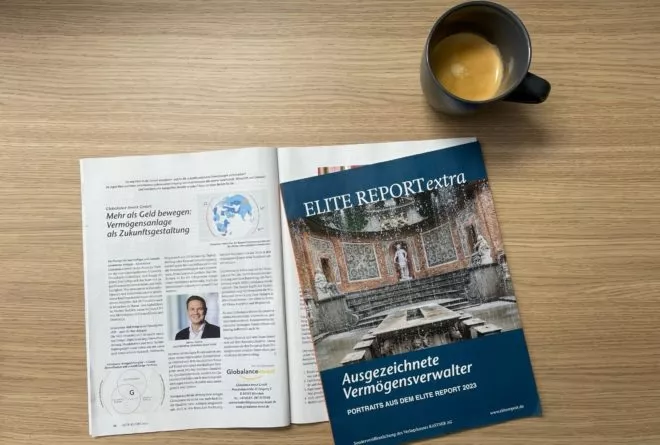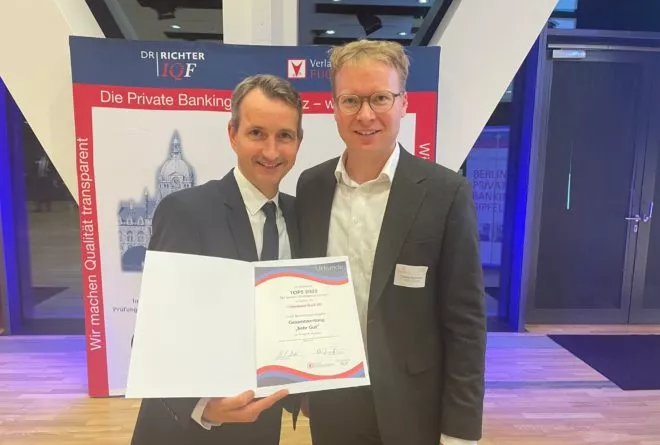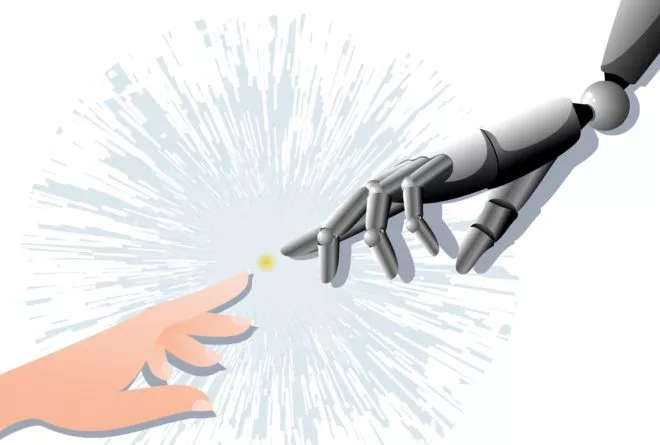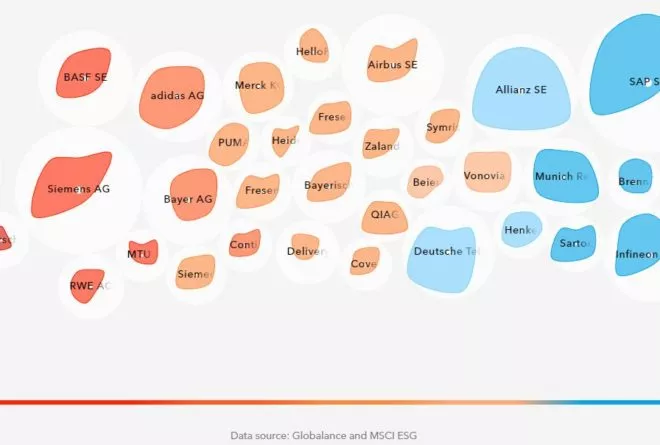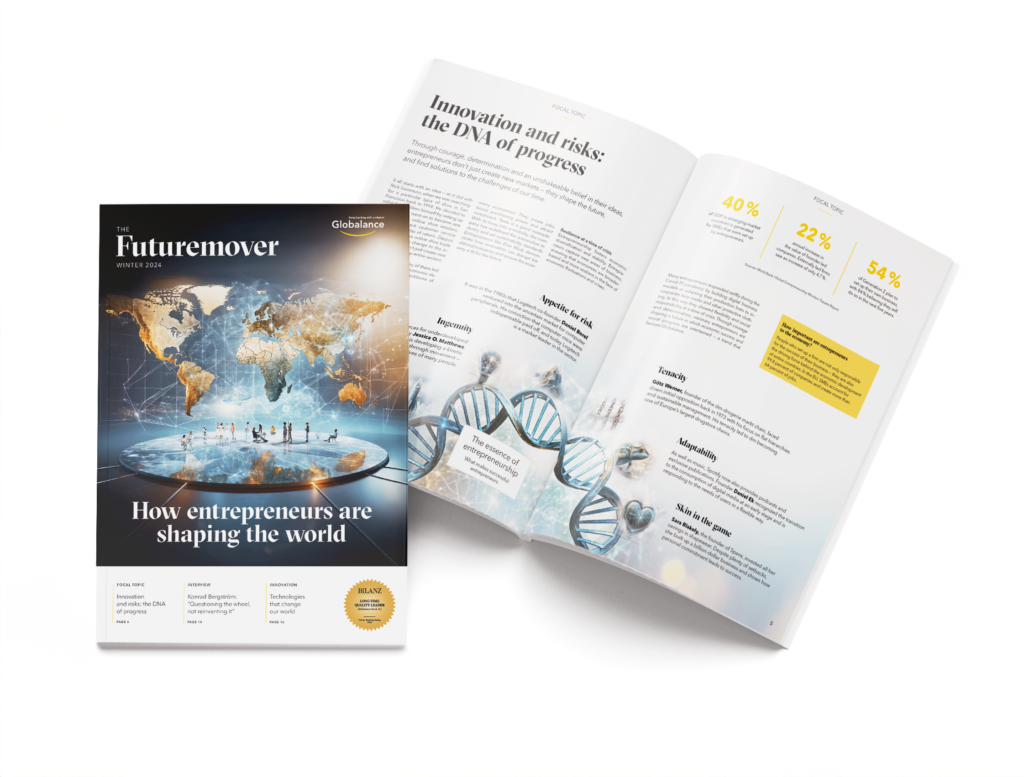News & Trends
A Rethink for Our Children
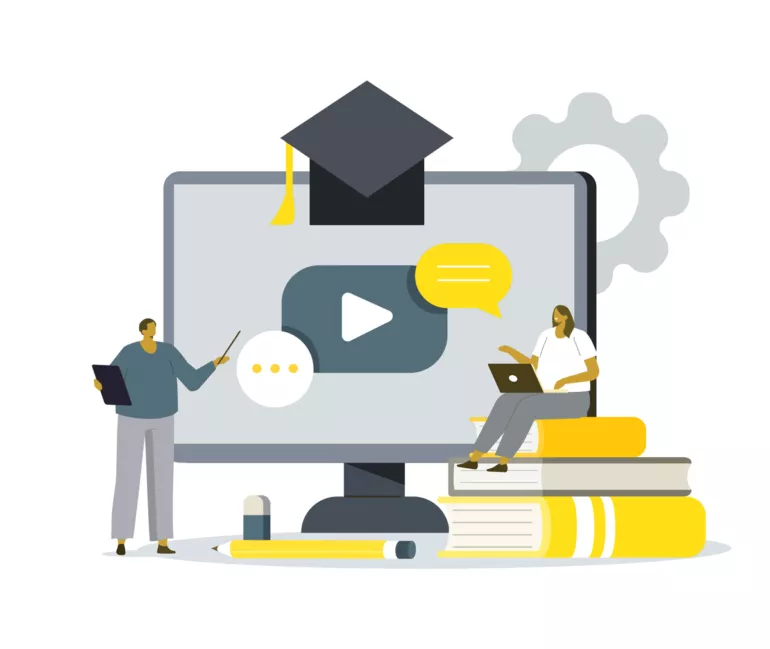
Education in the Digital Age
How are we preparing our children for the world of tomorrow? What skills will us people still need in future when machines replace more and more human labour? Should schools become more digital or rather rely on the tried and tested? How schools must rethink today in order to be fit for tomorrow is the burning question among educators. Digital expert and lecturer Dr Sarah Genner helps us frame the debate and provides an outlook.
“Please switch your camera on again, Dominik”, the teacher admonishes the student repeatedly during the distance learning lesson on Microsoft Teams. The camera turns on and you see a student in a tracksuit lying on a bed. Even though using the digital classroom required some practice at first — something positive has come out of the coronavirus pandemic: schools have gained a lot of experience with digital tools, whether they wanted to or not.
In education, the pandemic showed us where the journey could take us when talking about digital schools. And yet much of this emergency switch to digital distance learning is not how many people imagine school to be in the digital age. Where are we going to place the focus in future, in which direction should the school develop? “Nobody knows in detail which skills and values will matter for a successful life and a secure job in the future, and certainly not in individual cases”, says digital expert Dr Sarah Genner. Her speciality is the impact of digital technologies on us people, on society and the world of work.
The Skill Set for the Professions of Tomorrow
Sarah Genner has analysed and summarised around 100 skills and competences from a total of 26 models and lists. This aggregation provides information about the current discussion on the development of the education sector as well as an indication of where there is actually potential for development.
The researcher finds three competence clusters that are mentioned time and again and which are important for the development of the education sector:
Self-competences:
Self-reflection, self-controlling- self-organisation, self-discipline, etc.
Social skills: Communication, collaboration, team skills, relationship building, empathy, dealing with diversity, etc.
Analytical thinking:
Problem solving, critical thinking, creativity, etc.
Sarah Genner’s model is based on the three pillars “Professional skills”, “Social skills” and “Personal skills”. Digital skills are part of each of the pillars, which reflects the permeation of digitalisation throughout all areas of society. The inclusion of basic values such as respect, responsibility, self-worth or patience is also interesting. “If values are not enshrined, then skills do not necessarily have a positive effect in terms of the whole society”, says the Swiss digital expert in this regard.
Enshrined values are key to our skills development.
Good Education in the Digital Age
The model succinctly shows how important it is and will be that schools do not only focus on teaching technical skills. Social and personal skills are just as much in demand to develop personality traits such as resilience, the ability to work in a team or flexibility. The latter is particularly important, says Genner: “It is a truism that lifelong learning is advantageous in times of rapid change, precisely because we probably cannot anticipate some of the skills that will be needed in future yet.” With this she is referring to continuous training after education. The increasing choice of CAS, MAS and similar offers are a testament of this. Schools should strengthen the necessary basic skills in children and young people. Of course, using digital tools in the classroom is useful and helps teach certain digital skills. Nevertheless, the digital expert is clear: “First and foremost, we need good education in the digital age. Those who rely on digital skills in isolation will not get far.”
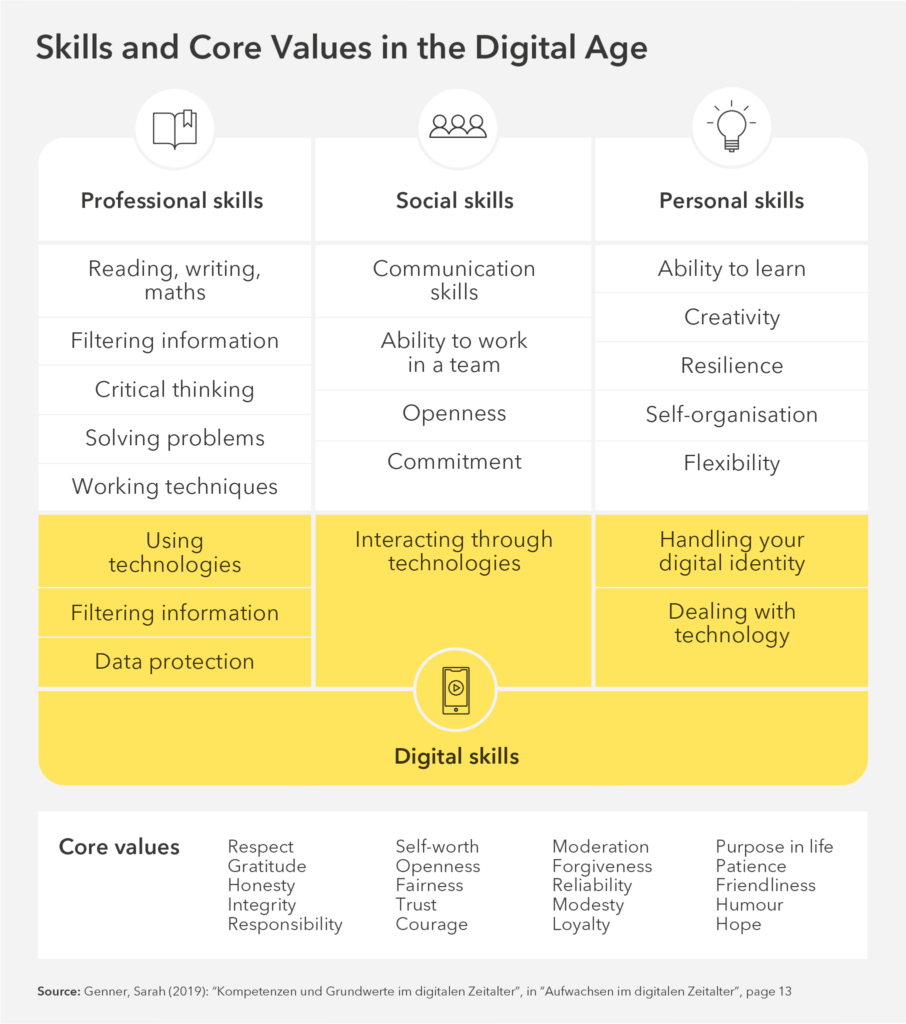
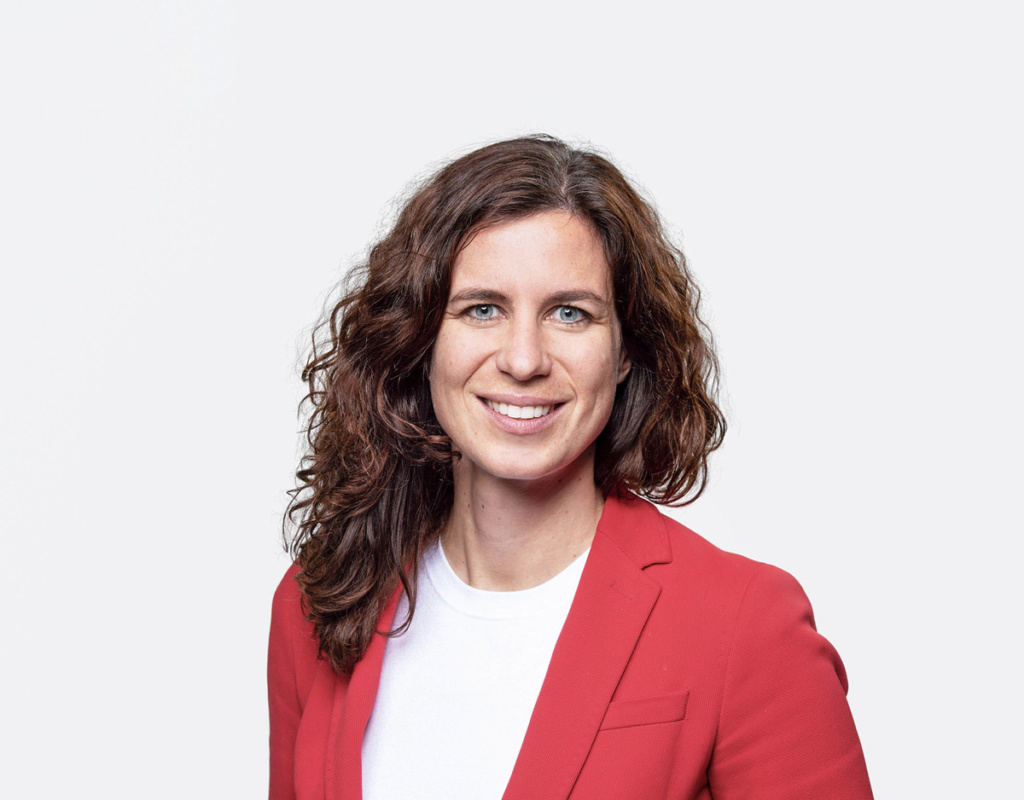
Dr Sarah Genner
Freelance media scientist, digital expert and keynote speaker
Dr Sarah Genner lectures at numerous universities such as the Universities of Basel and St. Gallen or the ETH and writes regularly on digital topics for the “Neue Zürcher Zeitung” newspaper. As part of the Globalance event series “The Footprint of Women on the Move”, Dr Sarah Genner gave a highly regarded presentation on the topic of “Megatrend Education”.

